It seems to have all happened so fast in warp speed, the shutdown of Silicon Valley Bank (SVB) headquartered in Santa Clara County.
But did it all really happen in the ways we may think, overnight?
The California Department of Financial Protection and Innovation (DFPI) announced Friday that pursuant to California Financial Code section 592, it has taken possession of Silicon Valley Bank, citing inadequate liquidity and insolvency. The DFPI appointed the Federal Deposit Insurance Corporation (FDIC) as receiver of SVB.
The federal government created this bridge bank, which will ensure that depositors receive their bank balances; FDIC regularly insures $250,000.00 per insured bank account. However, in this circumstance, where the government has set up a $25 billion emergency fund, all depositors are to get their total bank balance, even if it is over the $250,000.00 insured amount.
“All depositors of this institution will be made whole,” state the US Dept. of Treasury in a press release Sunday.
“As with the resolution of Silicon Valley Bank, no losses will be borne by the taxpayer. Shareholders and certain unsecured debtholders will not be protected. Senior management has also been removed. Any losses to the Deposit Insurance Fund to support uninsured depositors will be recovered by a special assessment on banks, as required by law.”
A Bloomberg News analysis showed that 93 percent of the $161 billion deposited at Silicon Valley Bank is not insured by the FDIC.
The bridge bank will also sell off the necessary assets to pay off the regulators and possibly, other uninsured depositors.
SVB is a state-chartered commercial bank based in Santa Clara and is a member of the Federal Reserve System, with total assets of approximately $209 billion and total deposits of approximately $175.4 billion as of Dec. 31, 2022. Its deposits are federally insured by the FDIC subject to applicable limits.
In business since 1983 before its closure, SVB has been known for funding medtech and tech start-ups, life-science companies, California’s wineries, and other risky tech start-up businesses across the nation and world (SVB UK was acquired for one pound by HSBC.)
Although recently social media was to blame for SVB’s warp speed failure, according to financial analysts, their financial woes were evident clearly, well before the March 10ish bank collapse–their 2022 proxy statement pointed out that its chief risk officer parted ways in April 2022, and its risk committee more than doubled its meetings to 18, suggesting growing concern with the bank’s position, according to online news media outlet, Legal Dive.
Also, social media could not have have been the culprit for SVB reportedly paying out to employees their annual bonuses just hours before federal regulators shut down the bank on Friday, CNBC reported. Finally, SVB would be responsible for its own self-inflicted wound through an announcement they made which fueled fears by the bank announcing it sold a portfolio of government bonds for a $1.8 billion loss Wednesday. SVB kept too much money in long-term bonds at a time when interest rates were going up (they bought these bonds when they were cash rich and the rates were not so high.)
Although there is a history of 562 bank failures from 2001 to 2023, there have only been over ninety U.S. banks with $1 billion or more in assets who have failed, including SVB and Signature banks, according to FDIC. Signature Bank will be the seventh bank to fail on a Sunday since 1970, according to Bankrate.com.
California’s Governor Gavin Newsom keeps ties to the SVB fallout silent
It was more than Payoneer, Roku, Etsy, Shopify, and other well-known and unknown start-up companies who were on the verge of suffering great financial losses; California’s governor, Gavin Newsom, also had some skin in the game.
Newsom is listed as one of the owners in each of the three wineries in California he partly owns which were clients of SVB: CADE, Odette, and PlumpJack. He also has had his own personal accounts at SVB for years, according to a report from The Intercept.
“Over the last 48 hours, I have been in touch with the highest levels of leadership at the White House and Treasury,” said Newsom in a statement posted on Saturday.
“Everyone is working with FDIC to stabilize the situation as quickly as possible, to protect jobs, people’s livelihoods, and the entire innovation ecosystem that has served as a tent pole for our economy.”
The Intercept also noted that Newsom’s wife, Jennifer Siebel, her professional ties to the bank include a $100,000 donation from SVB to the charity she founded, the California Partners Project, at the request of Newsom. John China, president of SVB Capital and responsible for SVB’s funds management, is himself a founding member of the California Partners Project’s board of directors.
Newsom was a multi-millionaire business man before becoming governor; in 2018 he let the public know that he would place his business ventures into a blind trust managed by his family and friends while governor.
How are past Black bank failures different?
Today, exist at least 21 Black-owned banks the FDIC maintains and tracks the insured MDIs it supervises, i.e., state-chartered institutions that are not members of the Federal Reserve System (Federal Reserve), as well as MDIs that are supervised by the Office of the Comptroller of the Currency (OCC) and the Federal Reserve.
These banks have stood through the test of time with much smaller assets compared to the 5,400+ FDIC insured banks throughout the United States.
However, there was a much more recent past which reveals the extreme suffrage Black banks went through during the pre-Civil War and the Jim Crow eras. These traumatic eras sought extreme jealousy, prejudice and envy by white supremacists who found ways to burn down successful facilities (1921, Tulsa or exploit their said resources (1865 Freedman’s Savings Bank–37 branches.) Racial discrimination in the banking industry and financial system has targeted African Americans, and challenges to ending discrimination persist today, according to Investopedia.com. Black-owned banks arose as an alternative to larger institutions, to provide greater access to banking services as well as an opportunity to support local communities.
From 1888 to 1934, more than 134 Black-owned financial institutions were founded, predominantly located in Southern states. Their numbers dwindled during the Great Depression, leaving nine by 1930. It wasn’t until the civil rights movement that a resurgence took place, raising their numbers to 50 by 1976.
Black America is encouraged to diversify its funds with Black banks and credit unions included; these banks and credit unions have proven to stand the test of time, and cater specifically to the Black customer who is often mistreated by mainstream banks when attempting to acquire loans and mortgages.
About DFPI
The Department of Financial Protection and Innovation protects consumers, regulates financial services, and fosters responsible innovation. DFPI protects consumers by establishing and enforcing financial regulations that promote transparency and accountability. We empower all Californians to access a fair and equitable financial marketplace through education and preventing potential risks, fraud, and abuse. Learn more at dfpi.ca.gov.
FDIC Depositor’s Inquiry
For information about FDIC coverage limits and requirements, visit www.fdic.gov or call toll-free 1-877-ASK-FDIC.

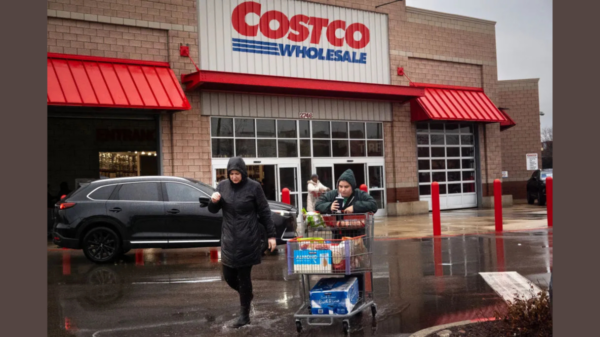

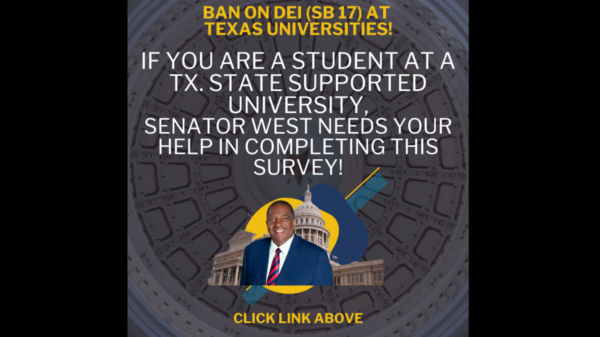

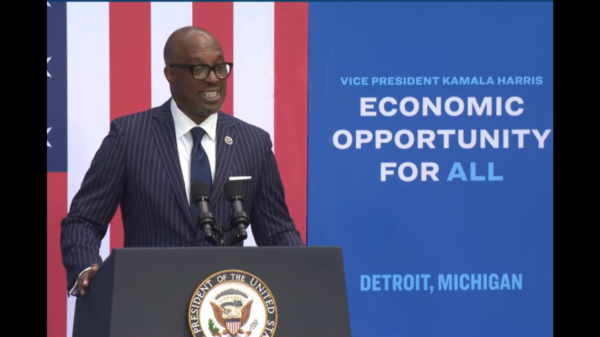
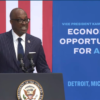
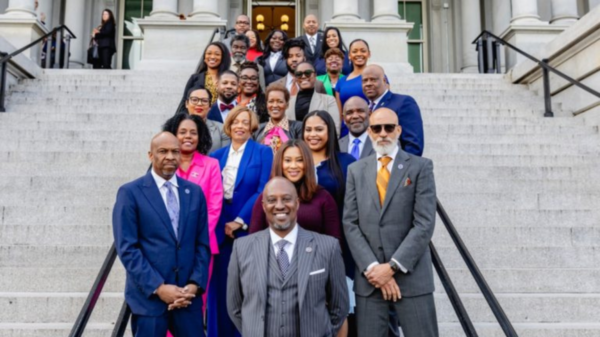
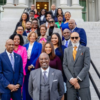
You must be logged in to post a comment Login